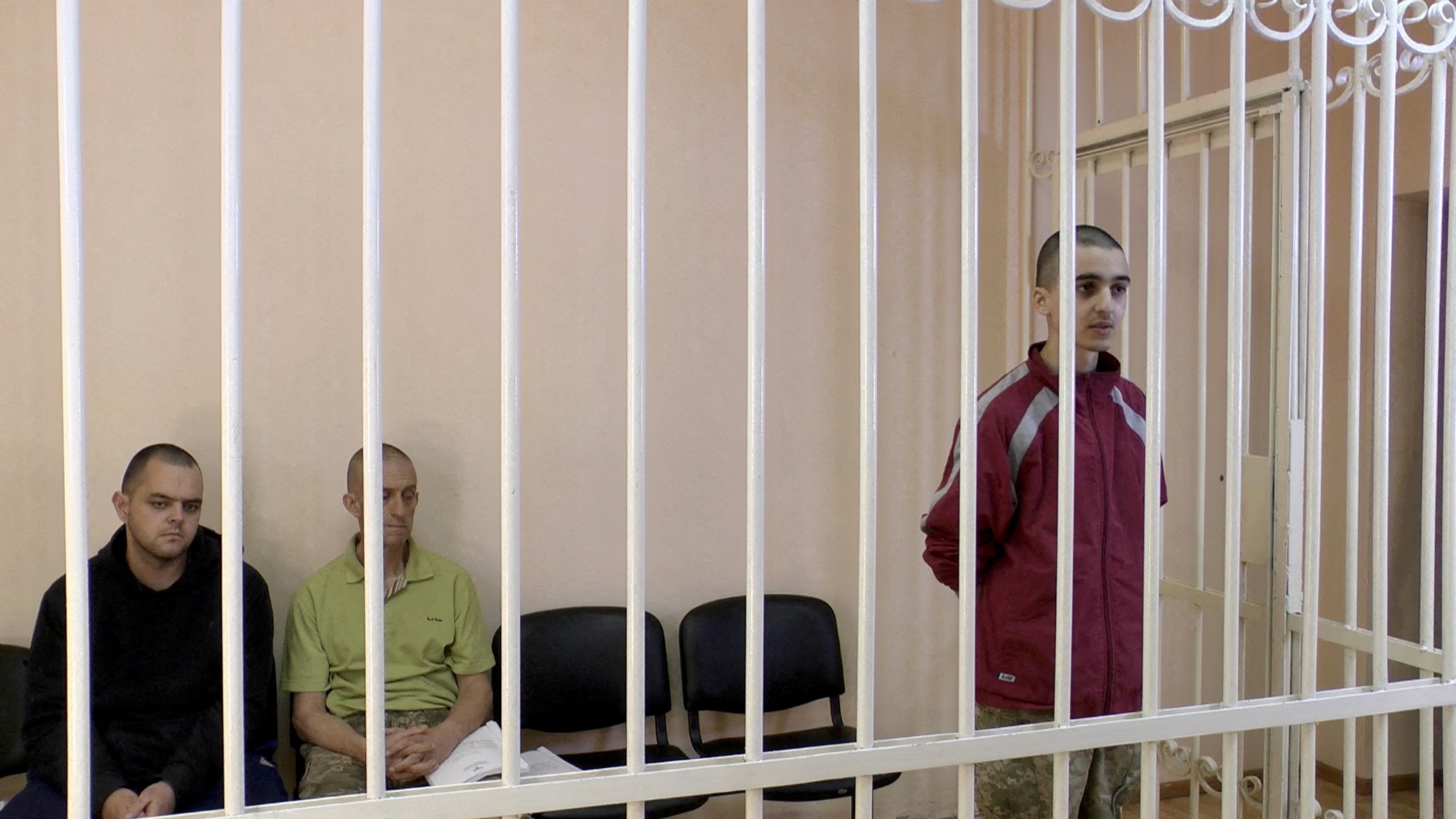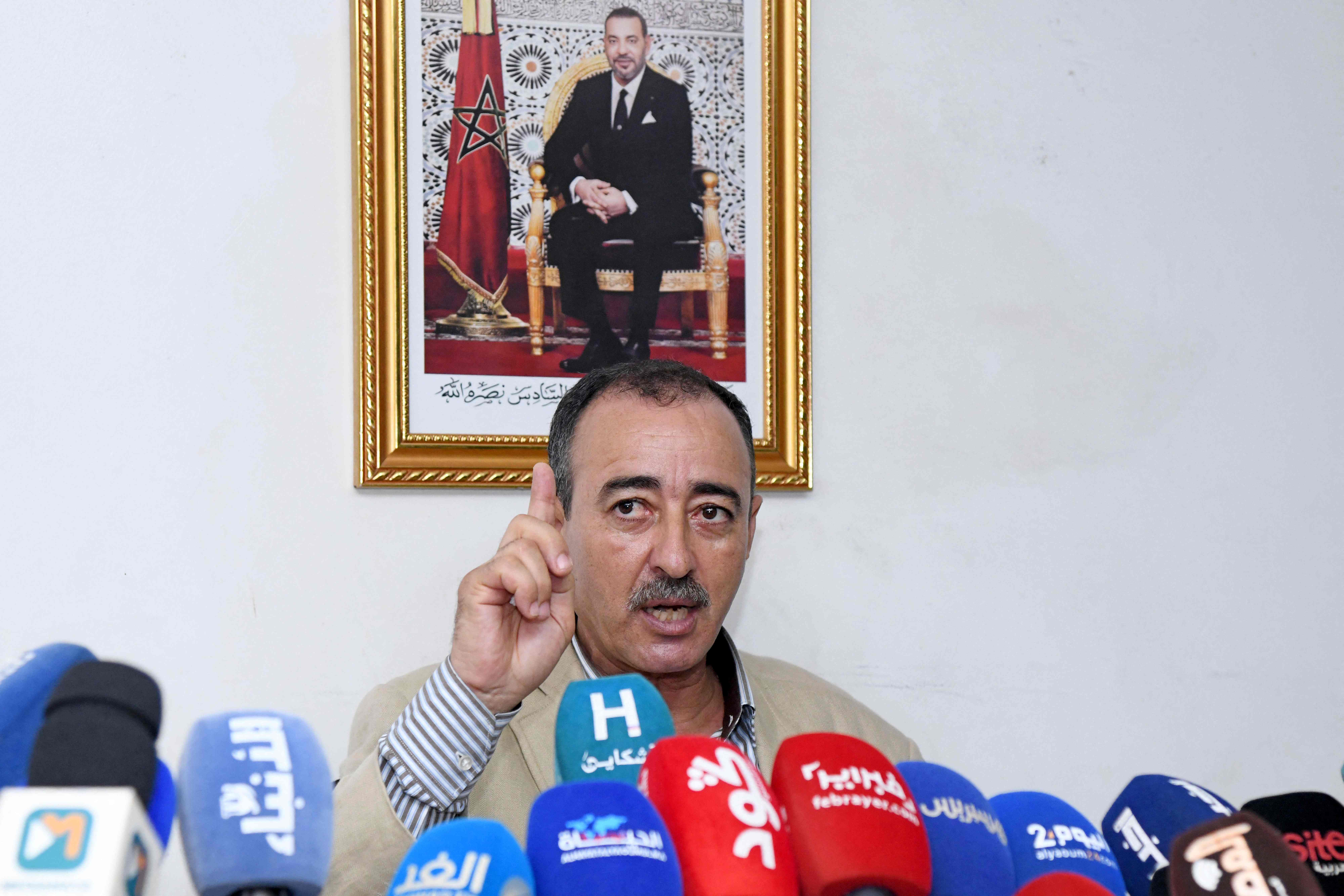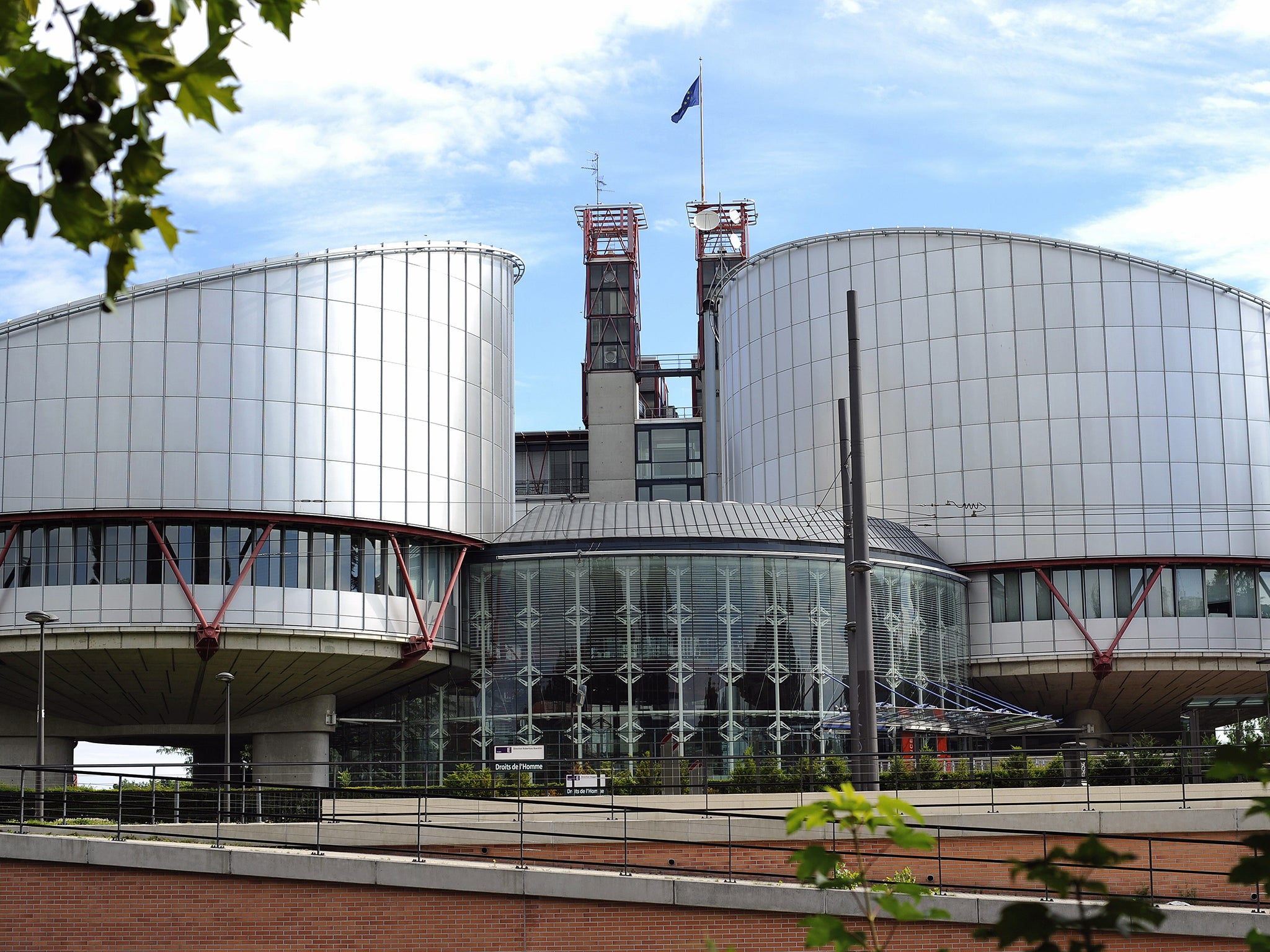Russian-backed separatists say Morocco can speak with citizen sentenced to death alongside Britons
Brahim Saadoun was sentenced to death this month alongside British nationals Aiden Aslin and Shaun Pinner

Your support helps us to tell the story
From reproductive rights to climate change to Big Tech, The Independent is on the ground when the story is developing. Whether it's investigating the financials of Elon Musk's pro-Trump PAC or producing our latest documentary, 'The A Word', which shines a light on the American women fighting for reproductive rights, we know how important it is to parse out the facts from the messaging.
At such a critical moment in US history, we need reporters on the ground. Your donation allows us to keep sending journalists to speak to both sides of the story.
The Independent is trusted by Americans across the entire political spectrum. And unlike many other quality news outlets, we choose not to lock Americans out of our reporting and analysis with paywalls. We believe quality journalism should be available to everyone, paid for by those who can afford it.
Your support makes all the difference.Russian-backed separatists in eastern Ukraine have granted Morocco permission to speak with a Moroccan citizen sentenced to death for fighting with Ukrainian forces, the state news agency RIA Novosti reported on Monday citing a top official in the self-proclaimed Donetsk People's Republic (DPR).
Moroccan national Brahim Saadoun was sentenced to death this month alongside British nationals Aiden Aslin and Shaun Pinner on charges of committing war crimes.
All three men fought in the Ukrainian army and were captured by Russian-aligned forces in April. They were accused of being “mercenaries”, a charge which carries the death penalty in the DPR, whose authority is not recognised by any UN country except Russia.
Russian foreign secretary Sergei Lavrov said on the sentence: “At the moment, the trials you mentioned are being held on the basis of the legislation of the Donetsk People’s Republic, because the crimes in question were committed on the DPR’s territory.”
Reports suggest that Russia wants to use the death sentences to leverage a prisoner swap.

The European Court of Human Rights (ECHR) has also intervened in the case of a Moroccan man sentenced to death alongside two Britons for allegedly fighting Russian forces.
The Strasbourg-based court will indicate to the Russian government that it should ensure the death penalty imposed on Brahim Saadoune is not carried out.
Mr Saadoune was sentenced to death on the same day as Shaun Pinner, 48, from Bedfordshire, and Aiden Aslin, 28, originally from Newark in Nottinghamshire.
The ECHR said Mr Saadoune is a Moroccan citizen who was born in 2000 and moved to Ukraine in 2019 to study in Kyiv.
It added that in November 2021 he left Kyiv to undergo military training and was subsequently deployed to join the 36th detached marine brigade of the armed forces of Ukraine in Mariupol.

The ECHR said he was sentenced to death by a “DPR court” on 9 June, adding that two British nationals were also sentenced to death on the same day. On 14 June, Mr Saadoune’s representative made a request to the European court under Rule 39 to ensure his convention rights.
The court has requested the Russian government provide information in two weeks to show what actions and measures have been taken to ensure respect for the convention rights of Mr Saadoune.
After its exclusion from the Council of Europe on 16 March, the Russian Federation remains bound by the European Convention on Human Rights with regard to acts or omissions taking place up until 16 September, according to a spokesman for the Council of Europe.
The two British men are also preparing to appeal against the death sentences they received earlier this month from pro-Russian separatists, one of their lawyers has said.
Yulia Tserkovnikova, Mr Pinner’s lawyer, has confirmed that she will be challenging the decision. “My colleagues and I are currently preparing the full text of an appeal against the sentence in the interests of our defendants,” she said, according to the Russian state Tass news agency.
“Undoubtedly, if the appeal is dismissed and the sentence comes into force, a request for clemency will be filed as this is an inherent right of the defendants, under the legislation of the Donetsk People’s Republic,” she added.
Join our commenting forum
Join thought-provoking conversations, follow other Independent readers and see their replies
Comments